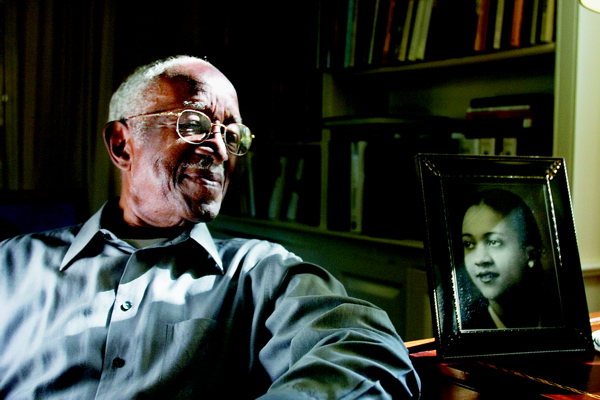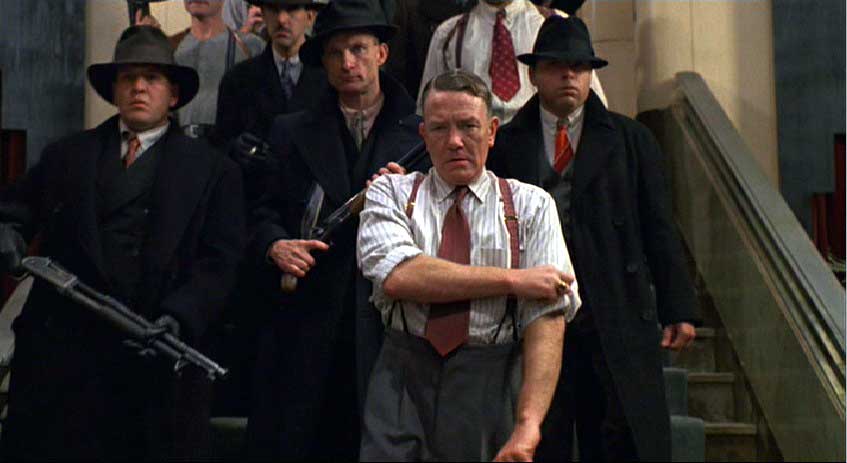“After Gates was confirmed as George W. Bush’s defense secretary in December 2006, he gave several speeches outlining major reforms that his successor should undertake–in weapons procurement, promotion policy, and the whole careerist culture inside the Pentagon. (With only two years in office, combined with a plateful of crises in Iraq and elsewhere, he knew he wouldn’t have time to take those steps himself.) When he stayed on at Barack Obama’s request, and thus became his own successor, many wondered whether he would turn his words into action. With this budget, he has begun to do just that.“
A holdover from the bookmarks of last week: Slate‘s Fred Kaplan offers a concise overview of the proposed Obama-Gates military spending reforms. (These are not spending cuts, by the way, despite what you may have heard — just some much-needed and long-overdue reprioritizing over at the Pentagon. I also like the idea of phasing out defense contractors in favor of presumably much more cost-conscious civil servants.) “This budget will not go down easily in the Pentagon or in Congress. The F-22, the DDG-1000, and the Future Combat Systems are the favored systems by much of the Air Force, Navy, and Army brass, respectively…The F-22 in particular is also a favorite of many legislators — the result of politically shrewd subcontracting that spread out production of the plane to key districts in 46 states.”




